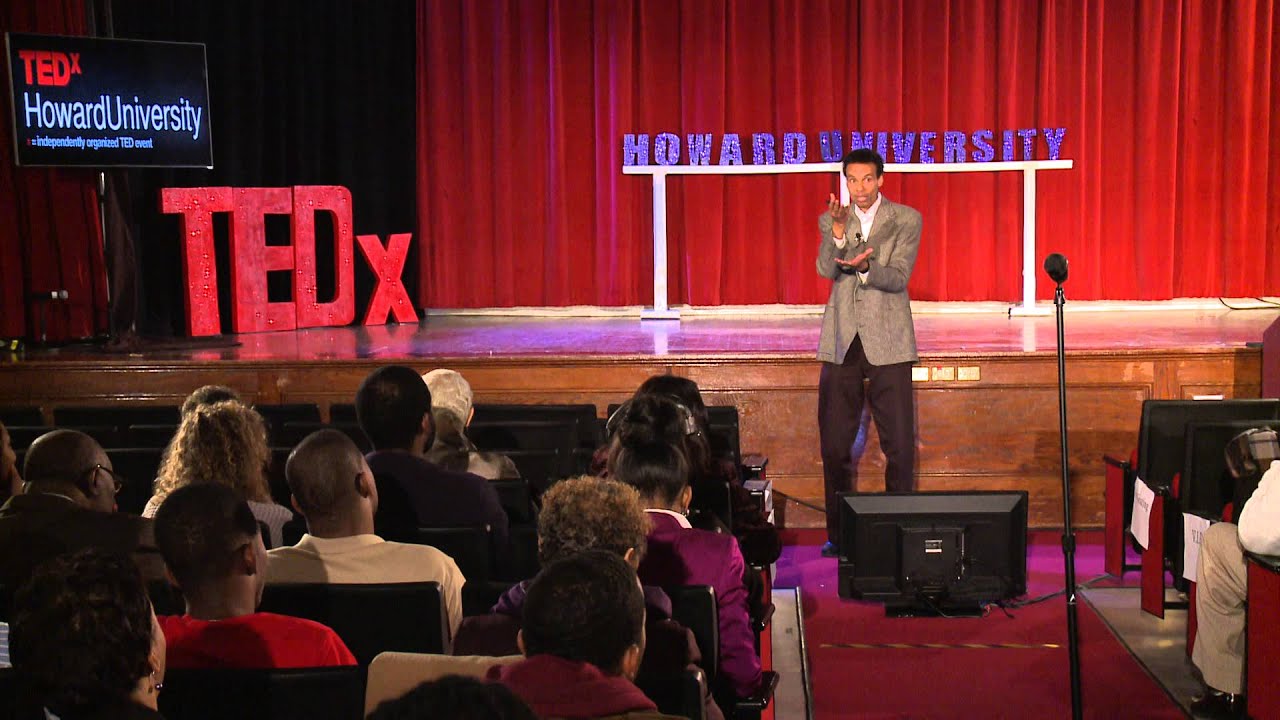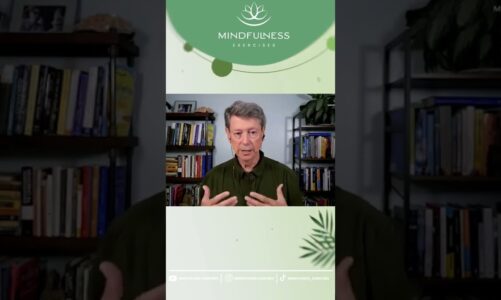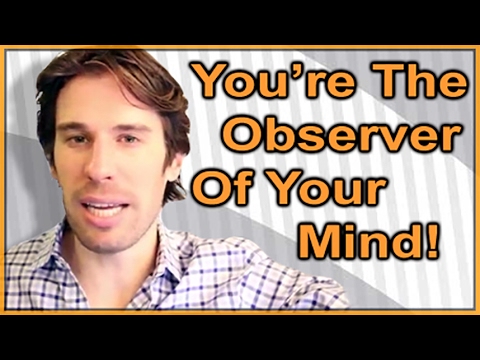TEDx Talks
The connection between physics and time travel
James Lindesay, Ph.D., was born in Kansas City, Kansas, where he attended Douglass Elementary School, Northeast Junior High School, Sumner High School (Science Club member), and the Kansas City Kansas Community College (see KCK Teachers). He received his SB in physics from MIT (see MIT curriculum), where he did research in scattering theory with Francis Low, helped design and build drift chambers with Ulritch Becker and Samuel C.C. Ting, and wrote a (published) thesis on macroscopic quantum fluids working with Harry Morrison. He received his MS from StanfordUniversity (see Stanford curriculum) while studying the phenomenology of photo-production of hadrons with Stan Brodsky. He received his PhD developing the theory for few particle relativistic dynamics working with H. Pierre Noyes at the Stanford Linear Accelerator Center (SLAC).
This talk was given at a TEDx event using the TED conference format but independently organized by a local community. Learn more at http://ted.com/tedx
Source




There were a few (minor) detailed errors but can someone please let me know how he gets to (one of) the conclusions that the universe cannot be deterministic? Is this conclusion unfounded?
To get the same behavior with classical balls and quantum electrons – change the distance between the slits to match de-broglie wavelength (h/p).
My observation is that since most of the universe are made of waves. The expansion rate is unmatched. A sound wave out from a 1mm space can expand to infinity and is therefore a function of the initial wave. Could our universe be expanding at a rate similar in this way?
I think I finally get it. Quantum theory is so fragmented, that you'll never be able to pin it down. There's such a quantum leap from one idea to the next, that there'll never be a continuous train-of-thought. And, there'll always be a "fuzzyness" to every concept-icle .
This guy reminds me of Prince haha x
Quantum guy is on coke
My hypothesis that Dark Matter is not
a WIMP or matter, but maybe is a deformation of space-time by which the
curvature of space-time itself is the cause of the gravitational effect.
Gravity is the consequence of the curvature of space-time when mass is
present. It may be possible that the structure of space-time itself
could be warped without the presence of mass. The warping of space-time
occurred during the extreme conditions present during inflation. Space-time has
been shown to react like a fabric by warping, twisting, and propagating
independent of mass. These properties have been proven with observations of
gravitational lensing, frame dragging, and now gravitational waves. Fabrics can
be stretched, pressured, and/or heated to the point of deformation. Such
extreme conditions were all present during inflation, so it is plausible that
space-time’s elastic nature could have hit its yield point and permanently
deformed. Therefore, a deformation could create a gravitational effect
independent of mass. Thus, warped geodesic deformities are causing
gravitational effects. Dark matter is just a floating fixed pocket of warped
geodesics in space-time geometry causing gravity wells.
Was that a quantum official NFL basketball? WNBA?
Thought provoking talk. Thanks.
black holes are cosmic mirage to hide the space time tunnel with is colorful
What? If the nature of QM itself protects against the notion of a singularity, why all the fuss about QG in the first place?